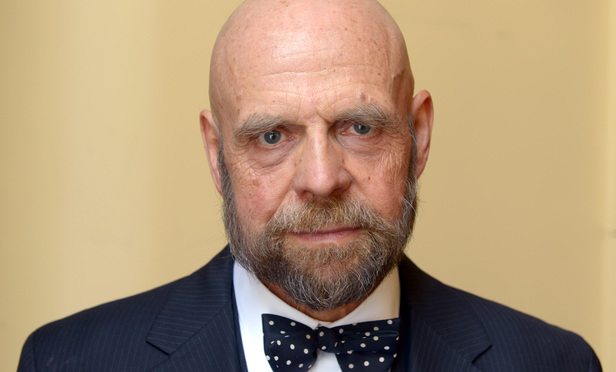Every seasoned family law practitioner has experienced it. The custody client arrives at the office and triumphantly plops a recording on the desk, announcing with near royal fanfare that here they have the evidence that will win the case. Many times the recording actually portrays the parent doing the recording in a more damaging light than the parent who was surreptitiously recorded. Into the trash it goes. Other times the recording contains potently probative evidence. But beyond the question of content lies a potential tarpit of evidentiary difficulty. When one parent secretly records a conversation between the child and the other parent without the consent of either participant in the conversation criminal liability under the eavesdropping provisions of the Penal Law may attach.
A plethora of precedent previously made clear that a parent enjoys no special exemption from criminal liability in such circumstances because the statute contains no provision allowing a parent to consent to such recording on behalf of his or her child.1 In a recent decision, People v. Badalamenti,2 the Court of Appeals abandoned that precedential line and embraced the doctrine of “vicarious consent.” This article will examine the implications of that decision.
Facts
This content has been archived. It is available through our partners, LexisNexis® and Bloomberg Law.
To view this content, please continue to their sites.
Not a Lexis Subscriber?
Subscribe Now
Not a Bloomberg Law Subscriber?
Subscribe Now
LexisNexis® and Bloomberg Law are third party online distributors of the broad collection of current and archived versions of ALM's legal news publications. LexisNexis® and Bloomberg Law customers are able to access and use ALM's content, including content from the National Law Journal, The American Lawyer, Legaltech News, The New York Law Journal, and Corporate Counsel, as well as other sources of legal information.
For questions call 1-877-256-2472 or contact us at [email protected]



